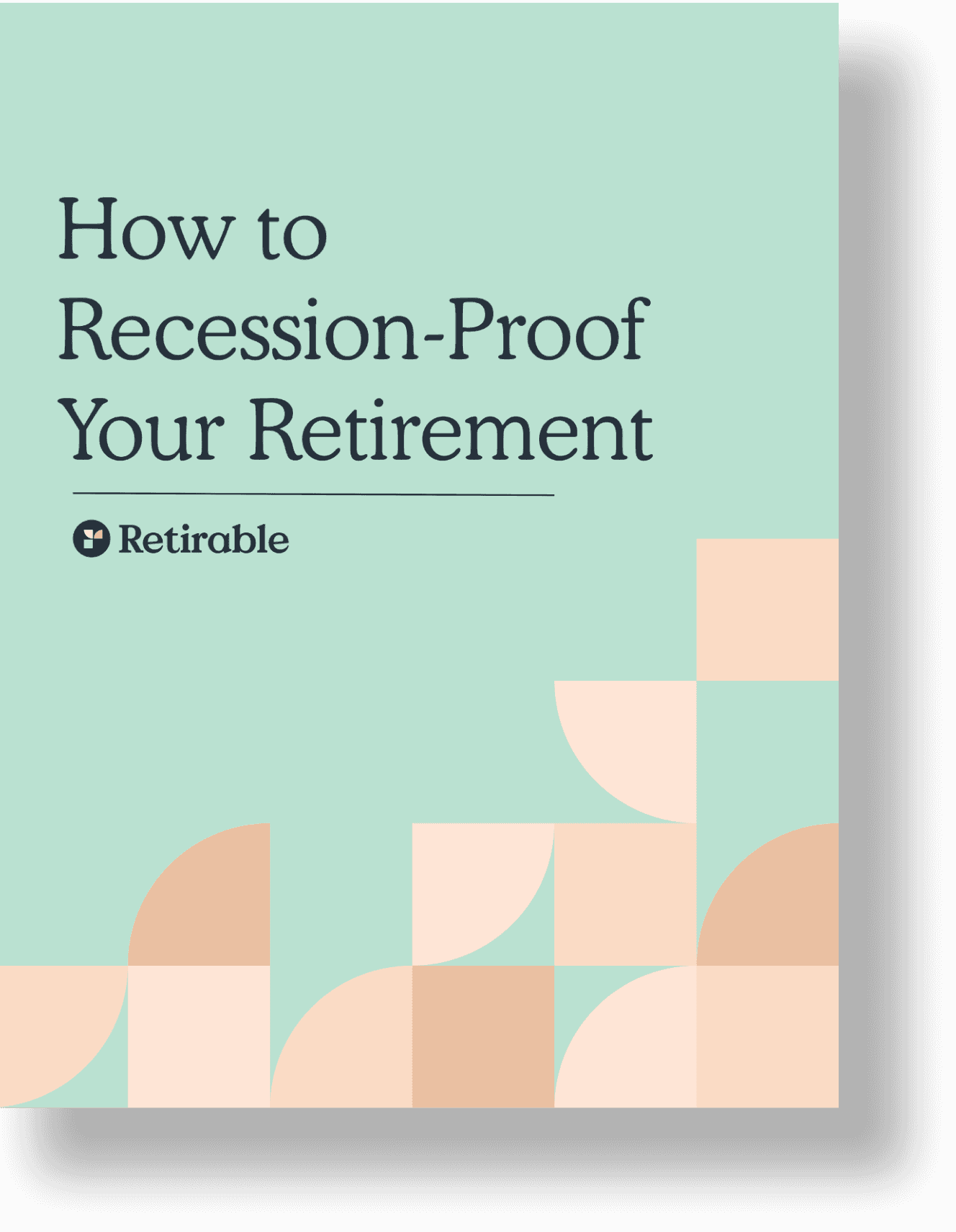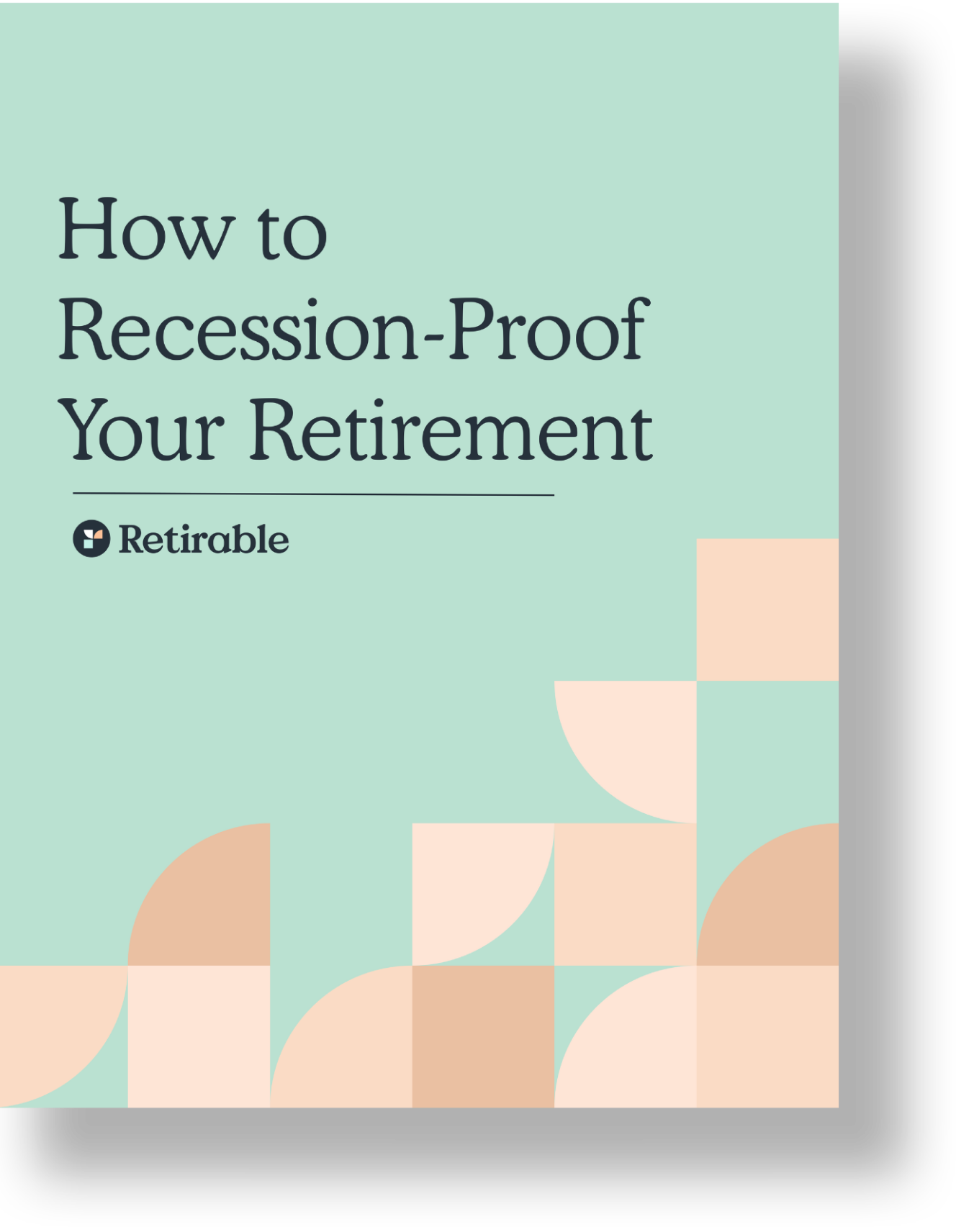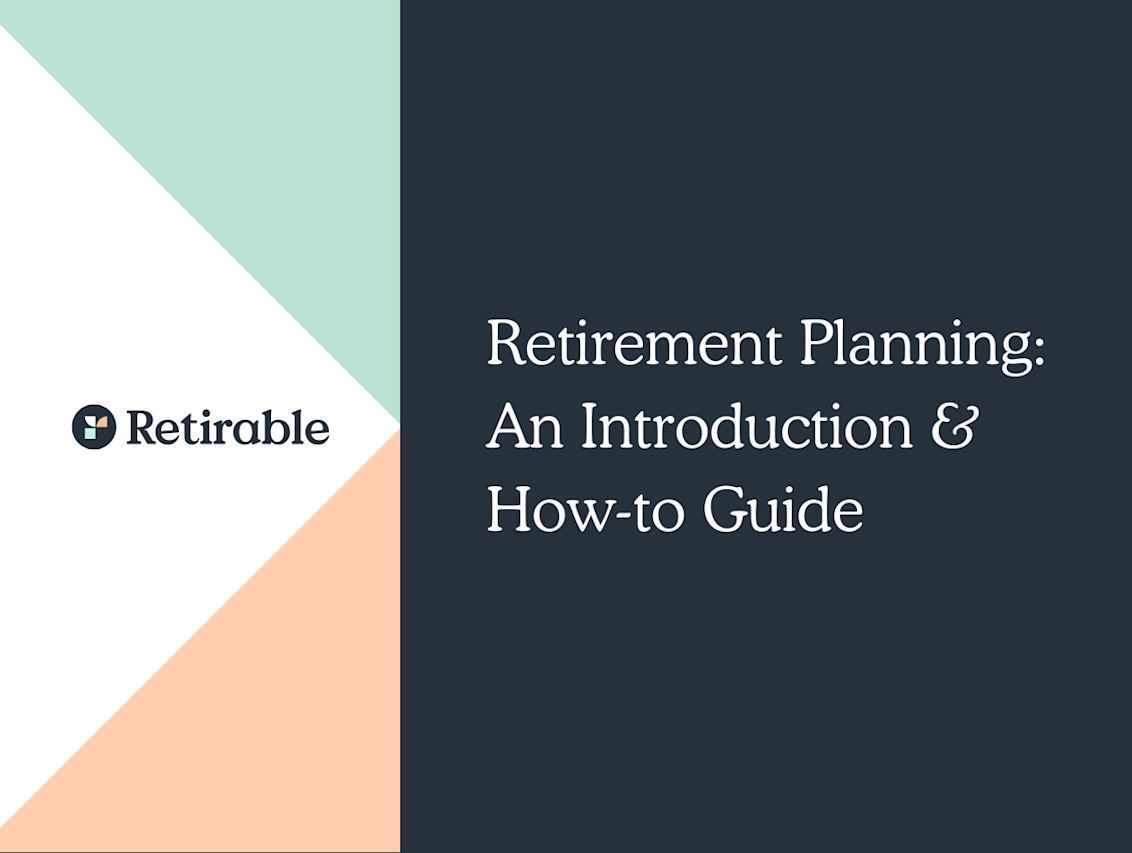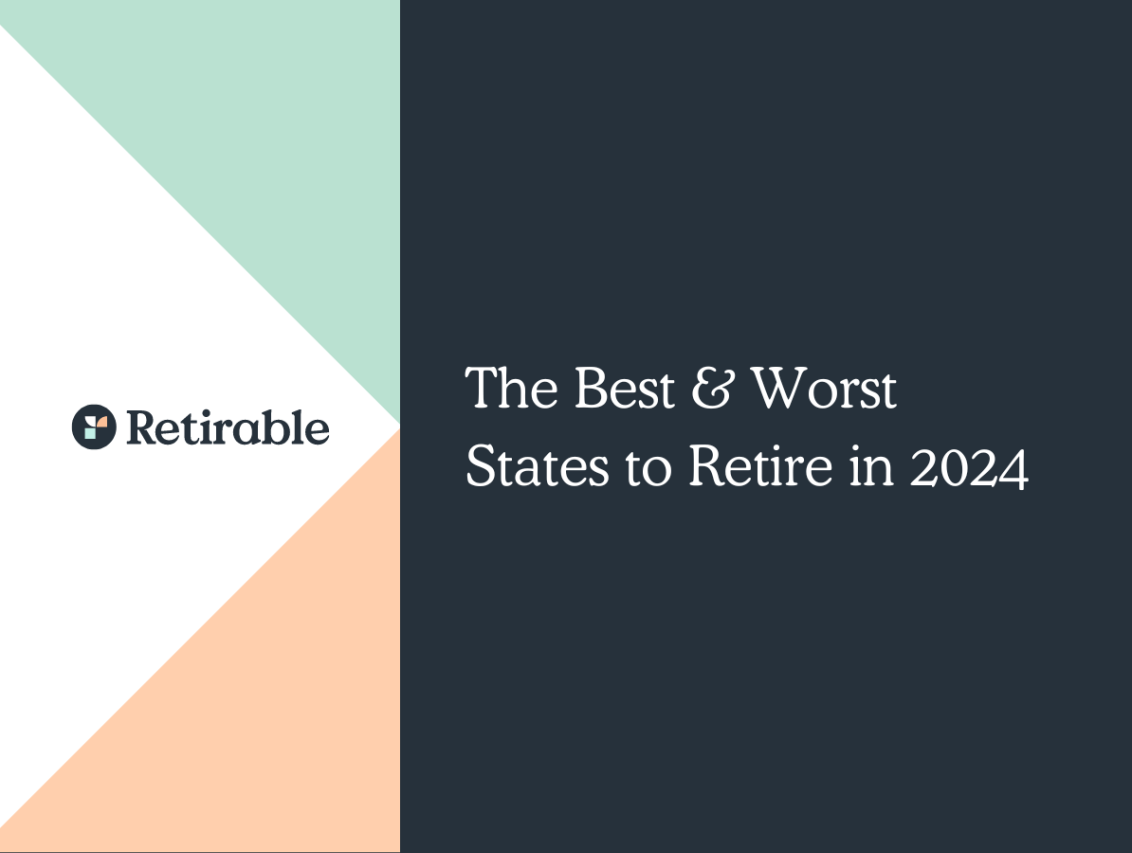News
The student loan moratorium that first started at the beginning of the COVID-19 pandemic is officially set to end this fall. Since March of 2020, borrowers were not required to make payments on their student loans. In addition, interest stopped accruing as a way to provide relief for many households struggling during the pandemic. Both the Trump and Biden administrations extended the student loan moratorium multiple times, but a stipulation in the recent debt ceiling legislation prevents it from being extended again.

Harrison Schaefer, CFP®
•
Published August 9th, 2023
Table of Contents
Key Takeaways
The student loan moratorium is ending, with interest accruing again in September 2023 and payments beginning in October 2023.
Start preparing now by reviewing your loans, understanding your monthly payment amount, and looking into options for effectively managing your loans.
Meeting with a fiduciary financial advisor can help you come up with the best strategy for incorporating monthly student loan payments back into your budget and financial plan.
The student loan moratorium that first started at the beginning of the COVID-19 pandemic is officially set to end this fall. Since March of 2020, borrowers were not required to make payments on their student loans. In addition, interest stopped accruing as a way to provide relief for many households struggling during the pandemic. Both the Trump and Biden administrations extended the student loan moratorium multiple times, but a stipulation in the recent debt ceiling legislation prevents it from being extended again.
Student Loan Payments Set to Resume
If you have student loans and have taken advantage of the federal student loan moratorium over the past three years, here’s how you can prepare before payments start again.
When does the student loan moratorium end?
According to the U.S. Department of Education, the moratorium is set to expire August 31st, 2023, meaning interest will begin accruing again on loans starting September 1st, 2023 and payments will resume October 1st, 2023.
Will there be another extension to the student loan moratorium?
There will not be another extension to the student loan moratorium due to the debt ceiling negotiations this past June. Though the Biden administration has said they will continue to look for opportunities to provide relief and potential loan forgiveness for borrowers, no concrete proposals have been made and previous efforts have faced setbacks. In order to prepare for payments to start again, borrowers should assume there won’t be any broad-based forgiveness program any time soon.
How will the student loan moratorium end affect you?
Like many borrowers, you may have taken advantage of the moratorium to pause your monthly payments and use what would have been your student loan payment on other things like paying down other debts, building savings, or making a big purchase. You may have even gotten used to having that extra cash each month and built it into your budget to be spent elsewhere. With the official end of the moratorium coming soon, now is the time to reassess your monthly budget and make sure you are prepared for adding another recurring expense.
How to prepare
Here are simple steps you can take to prepare for the ending of the student loan moratorium:
Understand your student loan
What kind of loan do you have?
Is it subsidized, unsubsidized, PLUS, consolidated, etc?
Do you know what your monthly payment is?
Do you know your interest rate and other terms of your loan?
You might have lost track of the details of your loan since it’s been over three years without making payments or interacting with your loan servicer. The best way to get reacquainted with your student loan information is to get in touch directly with your loan servicer and have them provide you with the details of your loan.
Assess your current monthly expenditures
Did you shift your student loan payments to another expense?
Are you servicing other debts with your loan payments?
Think about your current monthly income and how much of it will need to go to your loans. Your student loan payments may impact other important financial goals, such as retirement, paying down other debts like a mortgage, or general lifestyle expenses. If things look a little tight, now is the time to see where you can reduce expenses in one area to free up extra cash for the loan payments.
Understand your options
Depending on the type of loan you have (subsidized/unsubsidized loans, PLUS loans, consolidation loans, etc.) and your household income, you may have different repayment options.
Repayment Options
There are a number of different repayment options available for student loans. These options are designed to help borrowers manage their debt based on their income. The two most common are income-driven repayment (IDR) or income-contingent repayment (ICR) plans, respectively.
Income-driven repayment (IDR) plans
Income-driven repayment plans determine your monthly payment based on your monthly income and your family size. These plans are designed to help manage your student loan payment by keeping it at a level that’s reasonable given your specific income circumstances. There are a number of different types of IDR plans and certain loans are not eligible, so it is important to contact your loan servicer to see if you qualify.
Income-contingent repayment (ICR) plans
Income-contingent repayment plans also offer an alternative repayment method for loans that are not eligible for IDR plans—like Parent PLUS loans.
ICR plans determine the monthly payment by looking at the lesser of:
- What you would pay on a repayment plan with a fixed monthly payment over 12 years based on your income
OR
- 20% of your discretionary income, divided by 12. Though not as beneficial as IDR plans, these allow for lower monthly payments for loans not eligible for IDR plans and can help lower monthly costs while still paying down the loan.
It is important to keep in mind that different repayment plans can result in much higher interest rates. If the monthly payment doesn’t keep up with the accruing interest, you could potentially have a student loan increasing rather than decreasing over time.
If repayment plans don’t lower your monthly payment to a reasonable amount or are not available for your student loan type, you can contact your loan servicer to ask about short-term relief, typically deferment or forbearance.
Keep in mind: these relief measures will pause monthly payments for a time period but interest will continue to accrue. It is best to use these as a last resort to pause payments briefly to formulate a plan to start making regular payments.
Missing Payment
If you miss a student loan payment, your loan will become delinquent. After 90 days, your loan servicer will report your delinquent loan to the major credit reporting agencies, and your credit score will be affected, making it harder to get credit.
After 270 days of a delinquent student loan, your loan will go into default which can result in:
- Loss of further student aid and forgiveness programs
- Damaged credit
- The federal government taking your tax return, part of your Social Security benefits, or up to 15% of your paycheck to pay off your defaulted loan
Meeting with a fiduciary advisor to discuss your student loans and how they fit into your overall financial plan will help determine what the correct repayment option is for your given situation and avoid your loan going into delinquent or default status.
Student Loans and Retirement
Like other forms of debt, it is generally a good idea to have your student loans paid down if possible or at a manageable level when entering retirement. However, if paying off your student loan isn’t feasible before you retire or you are already in retirement, it is best to meet with a fiduciary financial advisor to come up with a plan to make sure you are making adequate payments that align with your overall financial picture.
A fiduciary financial advisor can help evaluate your individual circumstances and devise a personalized plan for managing student loan obligations. By providing insights on budgeting, debt management, loan consolidation, and potential forgiveness programs, you and your advisor can craft a customized plan that meets your needs while fulfilling any student loan obligations.
Ultimately, the end of the student loan moratorium is a great opportunity to reevaluate your overall financial plan and adjust any goals to make sure you are on track for retirement or continue to enjoy retirement, worry free!
Share this advice

Harrison, a Certified Financial Planner® and Senior Financial Advisor at Retirable, has nearly a decade of experience across wealth building, investment advising, and financial education. He prides himself on working one-on-one with each client to help them at every step so they enter retirement with peace of mind.
Share this advice

Harrison, a Certified Financial Planner® and Senior Financial Advisor at Retirable, has nearly a decade of experience across wealth building, investment advising, and financial education. He prides himself on working one-on-one with each client to help them at every step so they enter retirement with peace of mind.
Free Retirement Consultation
Still have questions about how to properly plan for retirement? Speak with a licensed fiduciary for free.






